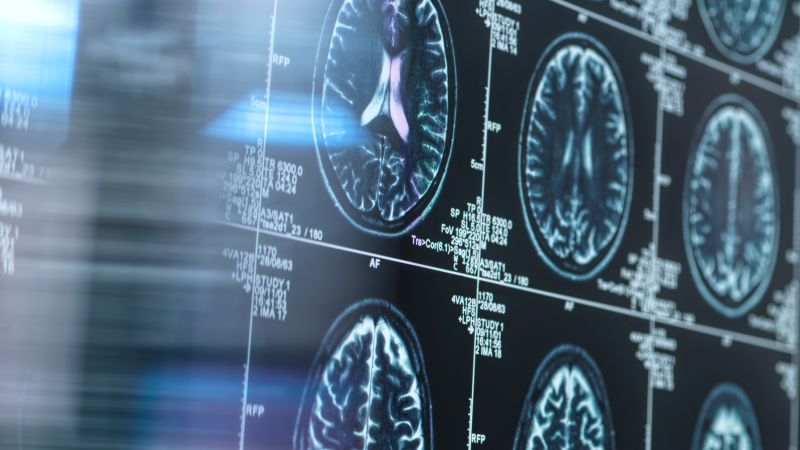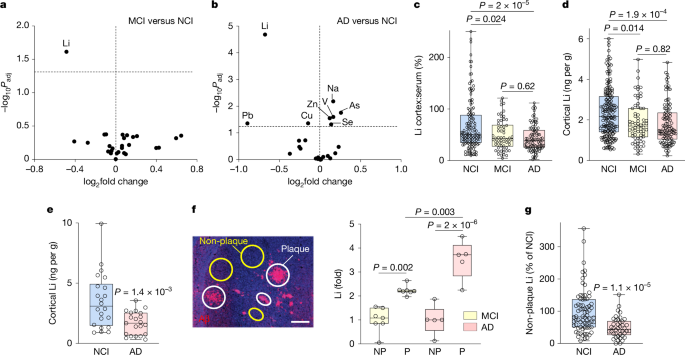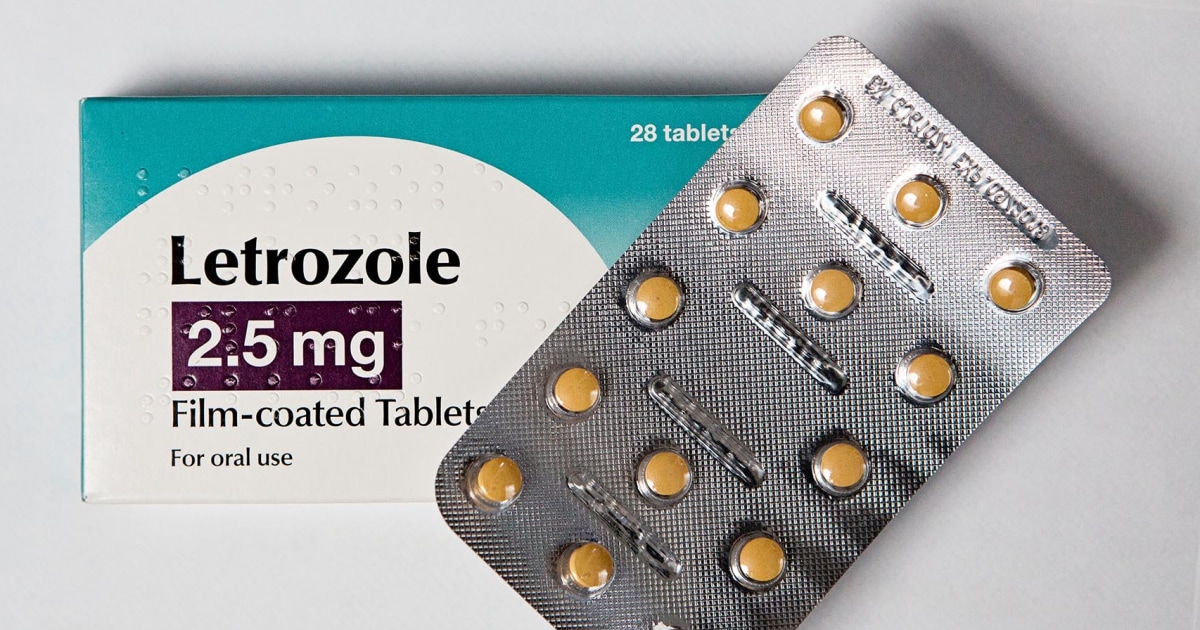Potential Solution to Protect Aging Brains from Alzheimer's Disease

Introduction
In a groundbreaking discovery, scientists at Harvard Medical School have found a potential solution to protect aging brains from Alzheimer's disease. After almost a decade of research, they have identified the humble metal lithium as a key player in understanding the mechanisms of brain aging and the development of Alzheimer's.
Key Details
Lithium, most commonly known for its use in batteries, has long been used as a treatment for bipolar disorder. But now, researchers have found that it may also have a protective effect on aging brains. Studies have shown that lithium can stimulate the growth of new brain cells, which can help counteract the degenerative effects of Alzheimer's.
Furthermore, the findings suggest that low-dose lithium supplementation may have potential as a preventive measure for those at risk of developing Alzheimer's, particularly in individuals with a family history of the disease. The next step for researchers is to conduct clinical trials to further explore the potential of lithium in protecting the aging brain.
Impact
This breakthrough discovery has far-reaching implications for the field of neurodegenerative diseases. With the global population aging, Alzheimer's disease has become a pressing public health concern. If proven successful, the use of lithium as a preventive measure could help mitigate the devastating effects of Alzheimer's and improve the quality of life for millions of people.
About the Organizations Mentioned
Harvard Medical School
Harvard Medical School (HMS), established in **1782**, is one of the world’s leading medical education and research institutions, renowned for its pioneering contributions to medicine and public health[3][4]. From its humble beginnings with just three faculty members and a handful of students, HMS has evolved into a powerhouse of biomedical innovation and education, shaping modern medicine globally. HMS’s legacy includes numerous **medical firsts** and groundbreaking discoveries. It introduced the **smallpox vaccine to the United States in 1799**, performed the first public demonstration of **anesthesia in surgery in 1846**, and pioneered treatments such as the use of **insulin for diabetes** and the first successful **human kidney transplant**[1][2]. Faculty have also been instrumental in identifying genes linked to diseases like **Duchenne Muscular Dystrophy, Huntington’s Disease, ALS, and Alzheimer’s**, as well as advancing cancer research through the study of **tumor angiogenesis**[1]. The school’s affiliated hospitals, including Mass General and Brigham and Women’s, are consistently ranked among the top U.S. biomedical research centers[1]. HMS emphasizes a mission to **alleviate suffering and improve health worldwide** through excellence in teaching, discovery, and leadership, fostering a diverse and inclusive community of scholars and clinicians[4]. It has been a leader in medical education innovation, continuously updating curricula to address evolving healthcare needs. Notably, HMS has a rich history of social progress, admitting African American students as early as 1850, reflecting a commitment to diversity and inclusion[6]. Its Department of Global Health and Social Medicine celebrates over 150 years of integrating preventive medicine and public health into medical training[7]. Currently, HMS maintains its status at the forefront of biomedical research and education, producing leaders in medicine and science who drive innovation in healthcare and technology worldwide[8]. Its impact extends beyond academia into business and technological advancements in medicine, making it a vital institution in













